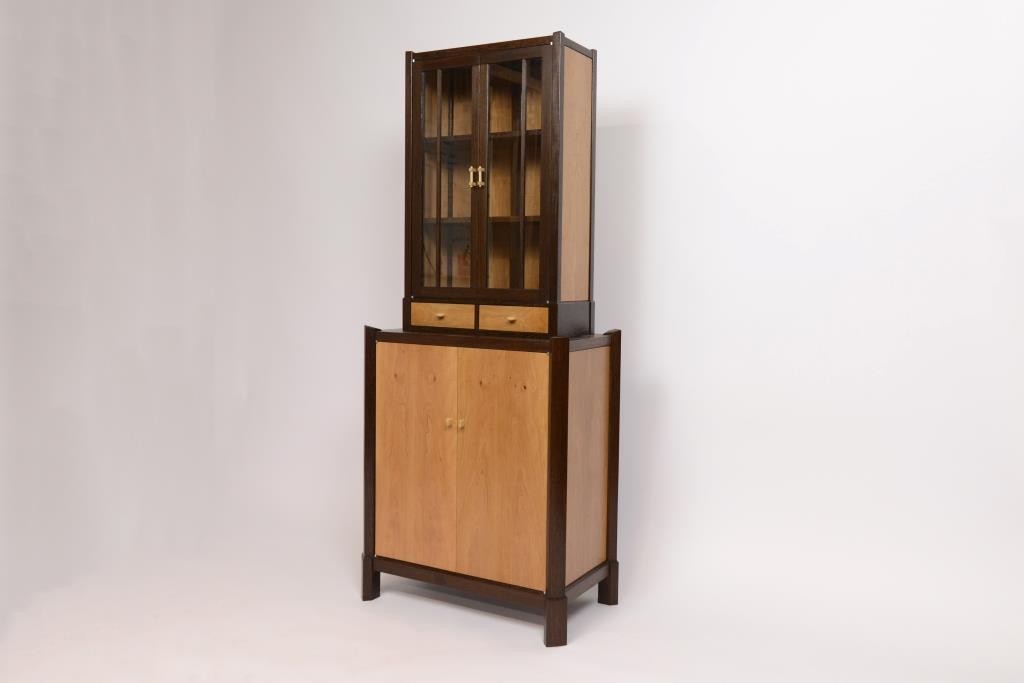Work by Peter Deij


Blind spot
How do we know that what we see is the same as what other people are seeing? Much of what we see comes from our memories. But if when we stored those memories we hadn’t actually seen what we thought we had, we could be in real trouble. We could in fact be imagining more than observing. Imagine that. Nothing wrong with a vivid imagination of course but we like it to be properly informed.
Then things get worse
Then there is the problem of the blind spot. The reason it is so elusive is because we are so good at remembering what we have seen. You can find your blind spot for all the good it will do. As soon as you have found your blind spot, it promptly vanishes from view as you remember it away. And it gets worse: we have two.
From a time we forgot
We must have something in common with other people’s memories because some things we see are more popular than others. Perhaps this stems from our earliest memories. Seeing in its purest form. From the time that we knew nothing at all and the world around us was just a blur. The things that we saw and remember before they actually mattered might be the only memories we can actually rely on. Unspoilt eyes, a blank canvass, an empty memory. In the time before we could remember our blind spots away.
